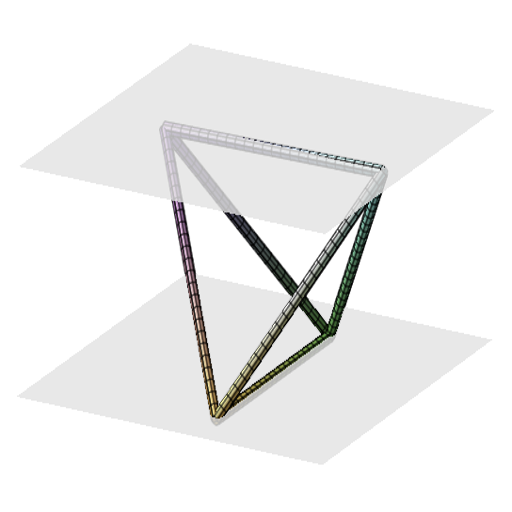All the effects of nature are only mathematical results of a small number of immutable laws. ~Pierre-Simon Laplace In my discussion last time (corrections here), I discussed how there is a physical limit to how good a recording can sound, whether vinyl or digital. There is a more fundamental limit, however, that I glossed over—a limit that depends not on atoms or compression techniques, but on pure mathematics. This limit was partially discovered by Jean Baptiste Joseph Fourier, and the method we will discuss bears his name. The Superposition Principle Before we discuss Fourier’s discovery, let’s take a brief
sound
Computer Related / Science And Math
Corrections to Vinyl Records Vs Digital Files
In my previous post, it seems I’ve made some serious errors when discussing the technicalities of music recording, both digital and vinyl. This is not my area of expertise and I apparently did not do nearly enough research. Thanks to Gregor Robinson and Jonathan Griffitts for correcting me. Here are Gregor Robinson’s and Jonathan Griffitts’ corrections verbatum. Thanks to both of you. Gregor Robinson said: There is actually a big difference between lossy formats and lossless digital audio formats (which may be in fact compressed; see FLAC). It’s not just that the sample rate is lower. Lossy compression makes
Computer Related / Science And Math
Sound: Vinyl Records Vs. Digital Files
All music is beautiful ~Billy Strayhorn I apologize to everyone who looked for my article earlier today. I was delayed in writing it last night. I think I need to start working ahead and building a buffer. sunstreetreviews asks Audiophile friends tell me that vinyl records have a much richer sound than MP3 files. Is that really the case, and if so, why? In principle, there’s no reason a digital file should produce lower-quality sound than a vinyl record. In reality, tests are inconclusive. Why this is the case has to do with how sound works, and how sound
